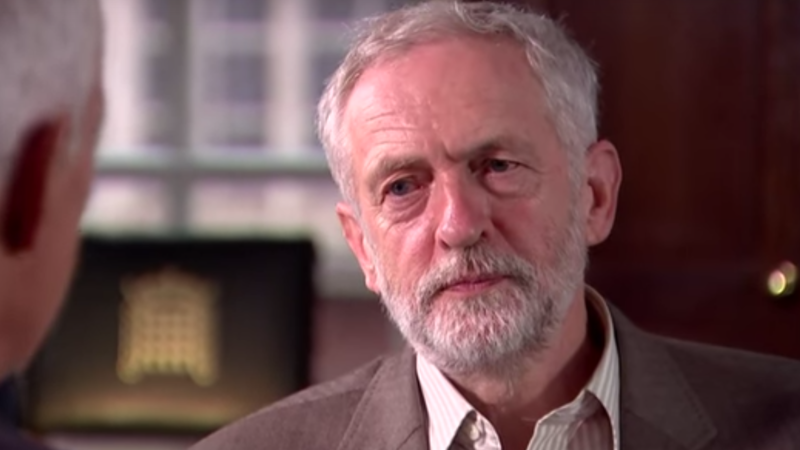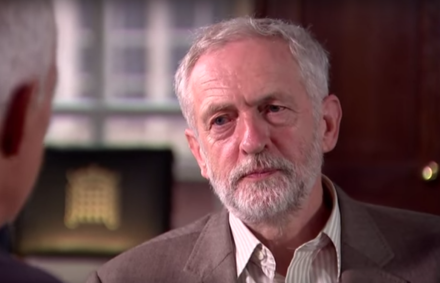
As they say on Facebook, it’s complicated. The parliamentary Labour party can hardly ignore the votes of 59% of those participating in the leadership election. Jeremy Corbyn had a stunning victory. And yet over 90% of Labour MPs did not vote for him.

The paradoxes continue. Expert opinion – it is still called that – holds that a Corbyn-led Labour party is unelectable, that swing voters in key seats will not come back to Labour having already rejected the May 2015 version. But equally, the surge of enthusiasm and of new-found activism and swollen membership numbers, is real.
Talking of Facebook – spend any time reading the declarations of support from Corbyn fans and you find that several messages recur: these are people who had often turned their back on the Labour party, who feel newly engaged, whose friends and family feel the same way. They believe that The Media are out to destroy Corbyn, and if they do they will return to their non- or Green-voting ways. Ask how many of these Corbyn supporters actually exist, and whether many of them live (and vote) in marginal seats, and you may be told that you are simply missing the point.
Two completely different conversations are going on at the same time. It is as though Corbynites and the rest are speaking different languages. For the former what matters is the challenge to tired orthodoxy, a rejection of spin, an opening up of debate, and a refusal to play by the old rules. For the latter there is the less exciting, narrower but more pragmatic question of attracting more votes in the places you need to win them.
This is Corbyn’s almost impossible terrain. But there is one route he could go down – indeed, he has already made a start on it.
The defeat of May 2015 signalled that the worthy attempt to maintain party unity and avoid destructive infighting had not led to greater electoral success. Hence the need for change now. Only Corbyn among the leadership candidates offered a description of change that excited Labour members, affiliates and registered supporters. The first clear sign of this was at the televised hustings in Nuneaton in June. To the surprise of many, Corbyn’s answers seemed to go down best with an audience of “Labour considerers”.
Corbyn has won the right to lead a process of change. And he could approach this in the spirit of a role that is common in other organisations where change is needed: the interim manager. Interim managers work to a fixed term, making sometimes quite radical change possible. They are not encumbered by the legacies of others. They are not on a personal ego trip. Interim managers create the environment in which challenging conversations can be held and new agreement forged. Indeed, at the TUC last week Corbyn described almost precisely this kind of consultative approach as the one he wanted to see develop.
Parties exist to seek power and to govern. What’s the point, otherwise? The crowdsourced questions at PMQs last week made a refreshing change. But they tended to cast Labour in the role of “the natural party of opposition”. Rather than allowing the prime minister to repeat long-rehearsed (if misleading) reassurances, PMQs should be a moment not only to challenge the government but also to reveal how things could be done differently.
Labour will only be ready to offer a convincing alternative if it goes through that hard process of change now. New ideas, new approaches are needed. And Corbyn’s acceptance of shadow cabinet criticism and even dissent suggests he is ready to allow and encourage necessary debate to take place.
Principled opposition offers purity but also impotence, as Bevan said. Under Corbyn, over the next two years, it might be possible for the party to move on from simple opposition to the building of an alternative programme for government. It is a mission (almost) impossible, but mild-mannered Jeremy might just be the person to lead it.



More from LabourList
‘We have a bold vision for Milton Keynes. Join us on the doorstep to help deliver it’
Exclusive: Poll shows Starmer more trusted than PM on Middle East crisis
Revealed: Poll shows 1 in 4 Tory voters says Rayner faces ‘smear campaign’